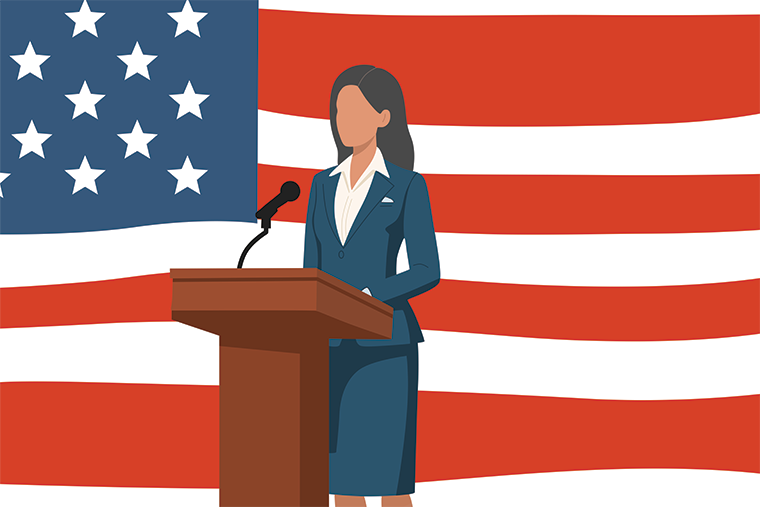Politics isn’t just something that happens in government buildings or during election season. It affects nearly every part of daily life—from the taxes we pay to the quality of roads we drive on, and even the rules that govern our digital spaces. Whether you’re highly engaged or just starting to pay attention, understanding politics helps make sense of the world around you.
This post looks at how political systems operate, what drives political decisions, and why being informed matters. From policies to elections to public debate, we’ll explore the basics in a realistic and grounded way.
And yes, even conversations around things like health regulations on niche products such tropical rainbow blast kado bar can eventually tie back to political decisions. Let’s dig into the structure and impact of politics in modern life.

What Is Politics?
At its core, politics is about making decisions that apply to groups of people. These decisions often involve power, laws, and public resources.
Politics exists in many forms:
- Governments making laws
- Citizens voting on policies
- Public debates on social issues
- Lobbying by interest groups
While politics can seem messy or slow-moving, it’s also how societies make collective choices. These choices affect everything from education to healthcare to environmental regulations.
Political systems vary across the world, but the main goal is often the same: to manage public life in a structured way. That includes protecting rights, maintaining order, and allocating resources fairly.
Types of Political Systems
There are many forms of political systems across the world, each with different structures and rules. Here are the main types:
1. Democracy
Power rests with the people, who elect representatives or vote directly on issues. Common in countries like the U.S., India, and many European nations.
2. Authoritarianism
Power is concentrated in the hands of a leader or small group, with limited individual freedoms and little public input.
3. Monarchy
A royal family holds power, either symbolically (constitutional monarchy) or completely (absolute monarchy).
4. Communism
In theory, the state owns all resources and distributes them equally. In practice, power often rests with a central party or leader.
5. Federal vs. Unitary Systems
- Federal: Power is shared between national and regional governments (e.g., U.S., Germany).
- Unitary: Central government holds most of the power (e.g., France, Japan).
Understanding the political system in your country helps you know how decisions are made and who makes them. Even local decisions, like zoning laws or school funding, are part of the bigger political picture.
How Laws Are Made
Laws shape how society functions, and making them is a key part of politics. In most democratic systems, the process looks like this:
- Proposal: A law is suggested by a politician, group, or citizen.
- Debate: Lawmakers discuss the law’s pros and cons.
- Amendments: Changes can be made to improve or clarify the law.
- Vote: Legislators vote to approve or reject the law.
- Approval: If passed, the law is signed by the head of state or leader.
In countries with multiple levels of government, local or regional bodies may have their own lawmaking powers. These laws can affect everything from housing codes to whether products like assault mr fog vapes are regulated, restricted, or taxed differently.
Elections and Voting
Elections are the foundation of democratic politics. They allow citizens to choose leaders, influence laws, and shape the direction of their country.
Key elements of elections include:
- Voting rights: Who gets to vote and under what conditions.
- Campaigning: Candidates share their views and try to gain support.
- Election day: Citizens vote, either in person or by mail.
- Results and transition: Winners take office and begin work.
Voting is the most direct way people can participate in politics. But turnout rates vary widely, especially among younger voters. A more informed, engaged population means stronger democratic institutions and more responsive leadership.
Political Parties and Ideologies
Political parties are groups that share ideas about how the government should run. They nominate candidates, campaign, and often compete for power in elections.
Common political ideologies include:
- Conservatism: Emphasizes tradition, limited government, and free markets.
- Liberalism/Progressivism: Focuses on social equity, government support, and reform.
- Libertarianism: Prioritizes personal freedom and limited government interference.
- Socialism: Advocates for economic equality through public ownership or regulation.
Most countries have multiple parties, but in some systems, two parties dominate. Independent candidates can also play important roles.
Party platforms often determine how leaders will approach issues like taxes, climate policy, education, or public health. Even in lifestyle debates—like whether a product such as pink and green vape should be age-restricted—political ideologies influence decision-making.
How Policy Impacts Daily Life
Politics might seem distant, but the effects of political decisions are everywhere. Here are a few areas where policies touch daily life:
1. Taxes
Decide how much people and businesses pay, and what public services get funded.
2. Healthcare
Policies affect access, costs, and what treatments are covered.
3. Education
Political choices influence funding, standards, and access to schools and universities.
4. Jobs and Economy
Laws set rules for wages, working conditions, and economic growth strategies.
5. Public Safety
Police, emergency services, and criminal justice systems are shaped by political decisions.
6. Technology and Privacy
Laws decide how your data is used, stored, or protected online.
These policy choices often come down to trade-offs—balancing budgets, protecting rights, or managing risks. By staying informed, you can better understand what’s at stake.
How to Stay Politically Engaged
You don’t have to be a political expert to make a difference. Here are simple ways to stay informed and involved:
- Read multiple sources: Don’t rely on just one outlet. Look at different perspectives.
- Follow local news: National stories matter, but local politics often affects you more directly.
- Ask questions: Learn about issues that interest you—whether it’s climate, education, or city planning.
- Vote regularly: Show up for local, state, and national elections.
- Talk to others: Civil conversations about politics can improve understanding and reduce division.
- Support causes: Whether through donations, volunteering, or community meetings, engagement makes a difference.
Political engagement doesn’t have to be overwhelming. Start small and grow your awareness over time.
Final Thoughts
Politics is about how people live together and make decisions as a society. Whether it’s choosing leaders, setting laws, or debating ideas, the political process shapes the world we live in.
Staying informed helps you understand how those decisions are made—and how to make your voice heard. Even niche conversations, like the regulation of flavored items such as kiwi strawberry posh, can connect to larger debates about health, safety, and individual freedom.
Politics may not always be exciting or easy to follow, but it’s important. It affects everyone—whether you actively participate or not. And the more people who are informed, the stronger our systems become.
Thanks for reading—if you’ve got thoughts, questions, or topics you’d like covered in future posts, feel free to share them in the comments.



